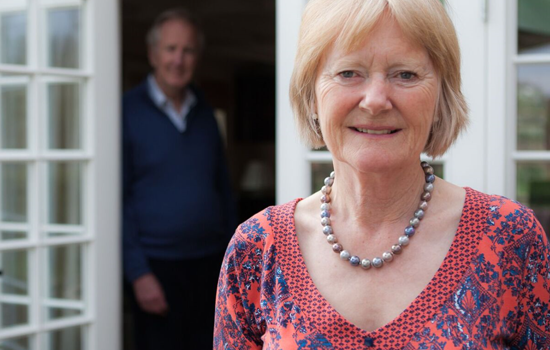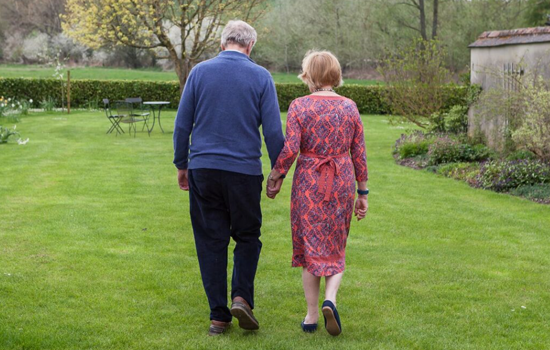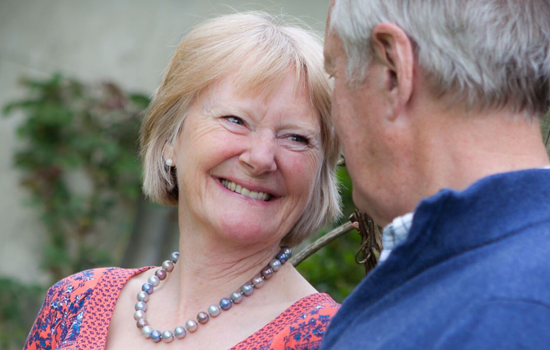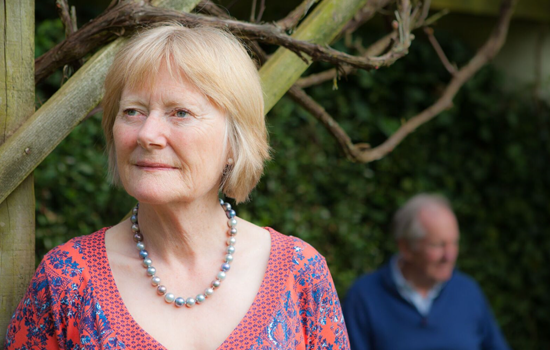This unique journey helps us to reflect on the consequence of brain injury, many of which are far reaching and go beyond the challenges experienced by an individual. Penny helps us to reflect on the fact that whilst brain injury can have a significant impact on an individual’s independence, often the impact on loved ones and families, as a whole, are just as important. Penny talks about the response of other people and the impact this has had on social interactions and engagements.
Penny’s occupational therapy journey started with a strong desire to understand George’s challenges. She needed support to help him relearn lost skills. The occupational therapy assessment highlighted a need to create a home environment that encouraged independence and purpose and strategies to help him manage his anxiety.
Facilitating change with George and optimising independence was a complex process given the symptoms he was experiencing. He needed to be considered holistically, taking into account his current and previous lifestyle, his personality, values, beliefs, activities, environment and routines. Penny needed support to understand where she could help, as well as to identify where making small changes herself would make a big difference.






